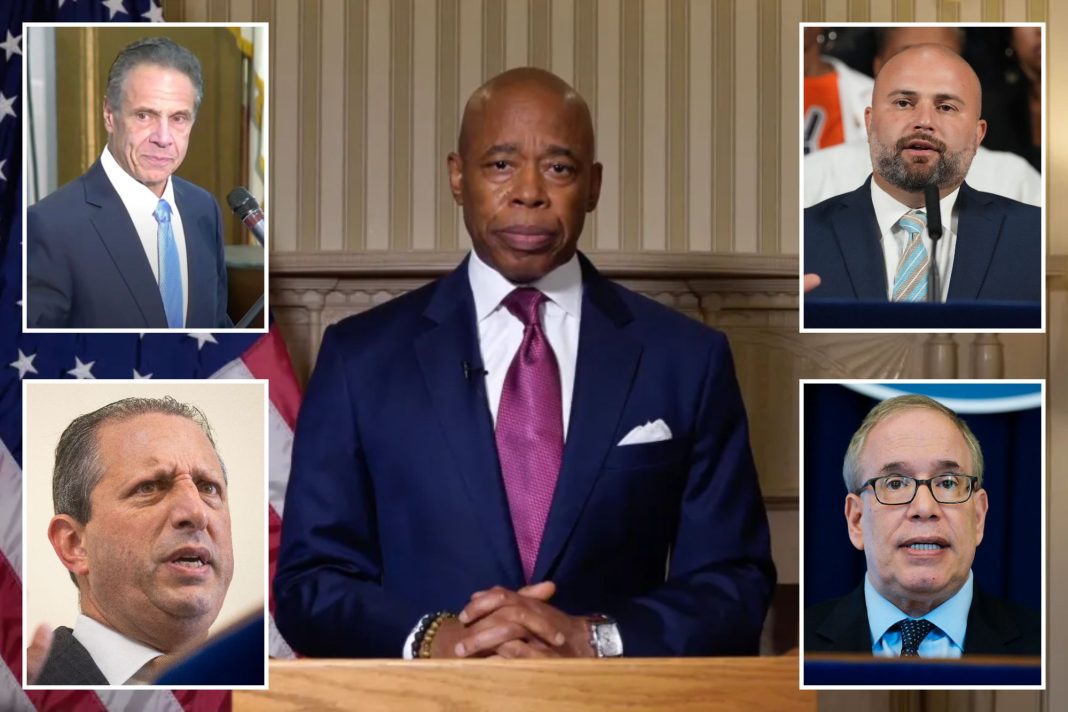In a significant development in the steel industry, an arbitration board has favored U.S. Steel’s proposed acquisition by Japan’s Nippon Steel, despite strong objections from the United Steelworkers (USW) union. This ruling paves the way for Nippon Steel to take over U.S. Steel’s union-related agreements, but not without a backdrop of tension surrounding labor commitments and national security concerns.
On September 25, the arbitration board, composed of representatives from both U.S. Steel and the USW, announced that U.S. Steel had fulfilled its obligations under the Basic Labor Agreement (BLA) concerning the successorship clause. This decision comes after the USW filed grievances in January, claiming that U.S. Steel had not adequately ensured a smooth transition for labor commitments in the event of an acquisition. The union expressed fears about potential job losses and the impact on retirement benefits for its members, reflecting a broader concern that has echoed throughout labor movements across the country.
The arbitration board’s ruling emphasized that Nippon Steel had made substantial written assurances regarding its commitment to the workforce. Among these commitments are the recognition of the USW as the bargaining representative for U.S. Steel employees, a pledge to invest at least $1.4 billion in union-represented facilities, and a promise to avoid layoffs or plant closures during the term of the existing labor agreement. David Burritt, U.S. Steel’s President and CEO, expressed optimism, stating, “With the arbitration process now behind us, we look forward to moving ahead with our pending transaction with Nippon Steel.”
However, the USW’s response was one of disappointment and skepticism. Union leaders articulated their concerns, stating, “Nippon’s commitment to our facilities and jobs remains as uncertain as ever.” They stressed the necessity for “iron-clad, enforceable commitments” to ensure the longevity of blast furnace operations, which are crucial for producing steel for automotive, infrastructure, and defense sectors. This sentiment underscores a growing apprehension within labor unions about the sustainability of American manufacturing jobs as corporate interests shift.
Moreover, while the arbitration ruling is a key milestone, the acquisition is not yet a done deal. It still requires approval from the Committee on Foreign Investment in the United States (CFIUS), which is scrutinizing the transaction for potential national security risks. Reports have indicated that CFIUS has raised concerns about Nippon Steel’s trade practices and their implications for U.S. steel production, particularly in defense-related sectors. The arbitration board itself acknowledged the possibility that the merger “may not happen at all due to the lack of government approval,” highlighting the uncertainties still looming over this deal.
This acquisition has also caught the attention of political leaders, with both President Joe Biden and former President Donald Trump voicing their opposition. Their concerns revolve around the potential loss of American jobs and the ramifications for domestic manufacturing. This political dimension adds another layer of complexity to an already intricate negotiation landscape.
In summary, while the arbitration ruling allows U.S. Steel to proceed with its acquisition by Nippon Steel, the journey ahead is fraught with challenges. The underlying tensions between labor commitments, national security concerns, and political scrutiny will continue to shape the discourse surrounding this deal. As the steel industry navigates these turbulent waters, the outcome will not only affect the companies involved but will also resonate through the broader landscape of American manufacturing and labor relations. The stakes are high, and all eyes will remain fixed on how these dynamics unfold in the coming months.

